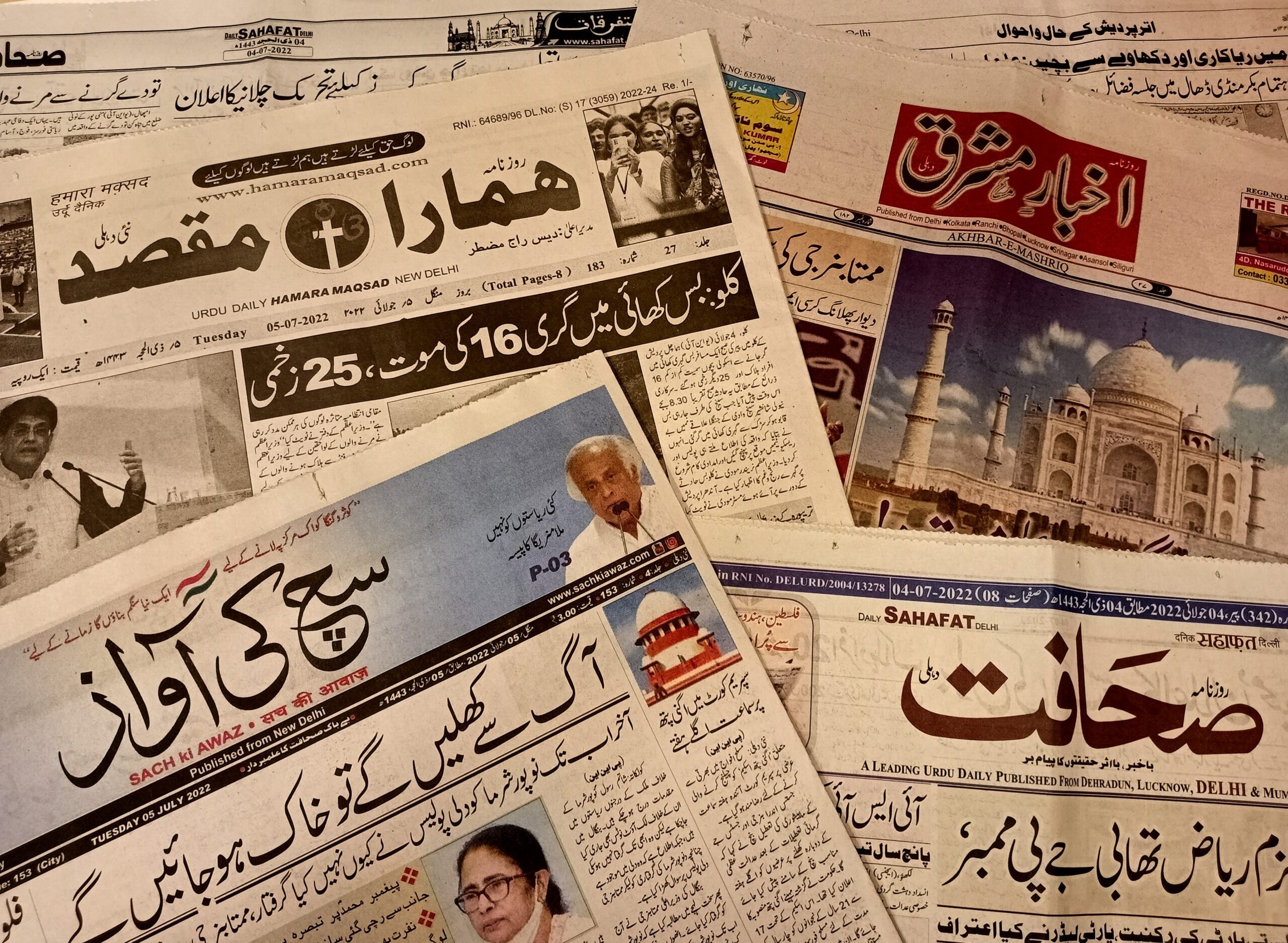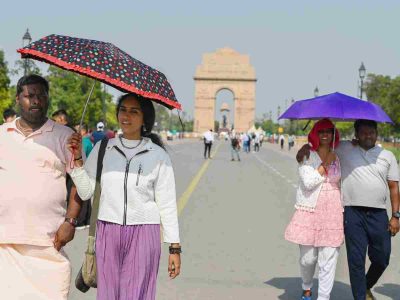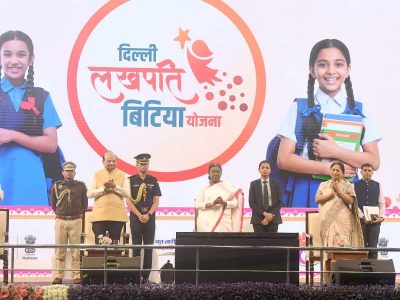“Who reads a newspaper these days?” said a passerby, eliciting a smile from Shah Saheb, an old newspaper seller of 63 years in the bylanes of Delhi’s Urdu Bazaar.
Selling newspapers for the past 26 years, Shah Saheb is now used to such questions. “Most of the people who frequent this area have asked me the same thing a number of times. Their question is legitimate but this is what I have done for the past years”, he told the Patriot.
“Today everyone wants to get whatever they want through a few taps on their phones. No one wants to buy and carry a huge booklet of 10 to 12 pages on a regular basis,” says Shah.
The thought making news accessible through phones played in the mind of Shahid Siddiqui, when he announced a complete digitization of Nai Duniya – a leading, 70-year-old Urdu newspaper.
Nai Duniya, started as an evening newspaper in the early 1950s and is believed to be a benchmark in Urdu Journalism. With a remarkable history of closings and reopenings, arrests and threats, Nai Duniya has flourished despite all odds.
A Varanasi based newspaper archivist, Nawal Rai explained that Nai Duniya was basically ‘The Hindu’ of Urdu Journalism.
“With the best journalists, poets, critics and writers such as the shayer-e-inqalaab (poet of revolution) Josh Malihabadi and Salam Machlishaheri on board, it was considered one of the most authentic and fearless independent newspapers in India”, he told the Patriot.
From the very beginning, it stood in firm opposition to the governments of the day.
“At a time when no one dared to speak against the Congress, Nai Duniya was seen dissecting its policies and governance”, Nawal continued.
Sufiyan Ahmad, the marketing head and administrator of Sahafat Daily, another leading Urdu newspaper, said it all boils down to money.
“These are the days when most of the newspaper markets are captured by the big brand-names,” said Ahmad. Naming a leading newspaper known for its flagship Hindi daily, Ahmad added, “When it started its Urdu daily, the idea was never to uplift and support Urdu Journalism, but to break the back of other small scale Urdu newspapers in circulation”.
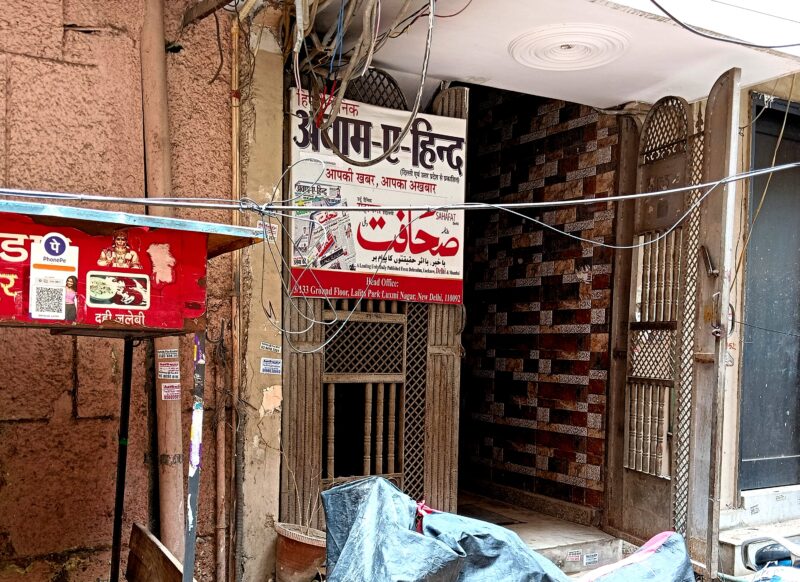
Ahmad added that these big-brand-names in Urdu journalism have turned into mouthpieces of the mighty.
“Urdu was dying a slow death, but it isn’t slow anymore”, said an editor working at an Urdu daily, on the condition of anonymity.
The government has turned its back on the Urdu newspapers, a language which contributed significantly in the struggle for India’s independence.
“We are celebrating the 75 years of our Independence, but I don’t remember a single event remembering the contributions of newspapers, let the urdu papers aside in India’s independence,” the editor further added.
He told the Patriot that many Urdu newspapers suffer from a double handicap. The first — not enjoying a huge online presence. Secondly, being published in a language that isn’t finding newer, wider readership everyday, unlike English newspapers.
“Advertisements, which were the biggest source of financial strength for us to meet our expenses in these tough times, have almost dried up completely”, said Nawab Ali Akhtar, an editor at Sahafat Daily.
Akhtar blames the lack of push by government departments that were supposed to promote the language.
“The departments and centres of the government for protection and promotion of Urdu language have taken a back seat and have turned into mute spectators of its decline,” adds Akhtar.
“Our paper is sold at a rate of Rs. 2 per copy while the cost of printing a copy is around Rs. 7-8. The hawker takes 50 paise a copy and the same is charged by the distributing agent. If we get an order for 800 copies, we are able to produce only a couple of hundred newspapers,” said a member of an Urdu daily’s marketing team on the condition of anonymity.
Aamir Saleem Khan, editor at Roznama Hamara Samaaj told the Patriot that it is very difficult to survive as a Urdu Daily in these times.
“When the governments issue no advertisements in the paper, it means that there is no support from the government,” said Khan.
He added that many Urdu newspapers have closed down in the past two to three years. Others have shifted their offices to cheaper and affordable areas of Delhi.
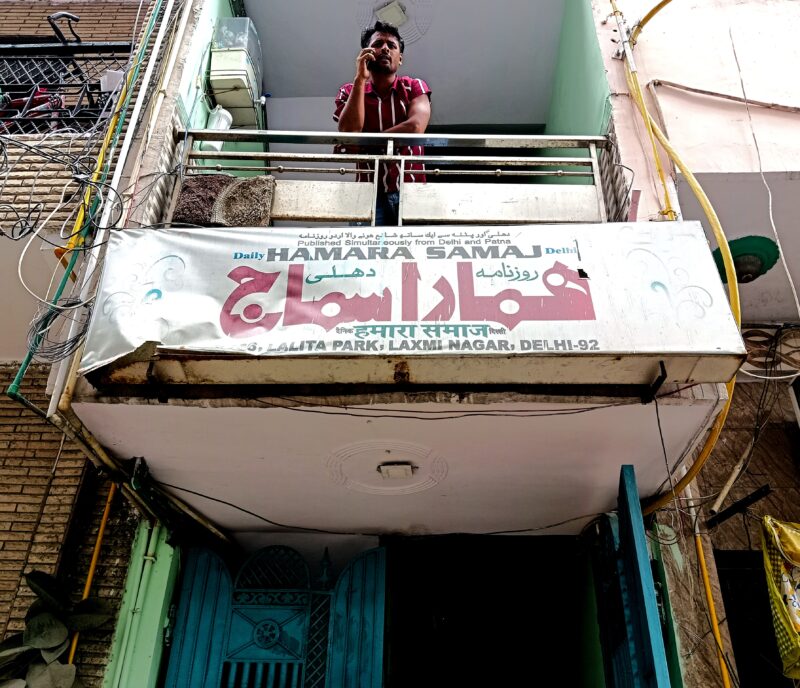
“Digitisation is in fact an easier way to continue in the market. Most of the Urdu newspapers including ‘Hamara Samaj’ are already available online as e-papers. We are even planning to develop a web-portal to create individual spaces for our articles”, said Mr. Khan.
When he was asked about the declining readership of Urdu newspapers, he answered in what has turned into a common phrase among the Urdu speaking population, “Whereever dies an old man, dies an Urdu reader”.
However, Nawaz ur Rahman, at Akhbar-e-Mashriq, said that the Urdu readership has not declined.
“If a man dies, he leaves his language as a legacy for his children and grandchildren to carry on”.
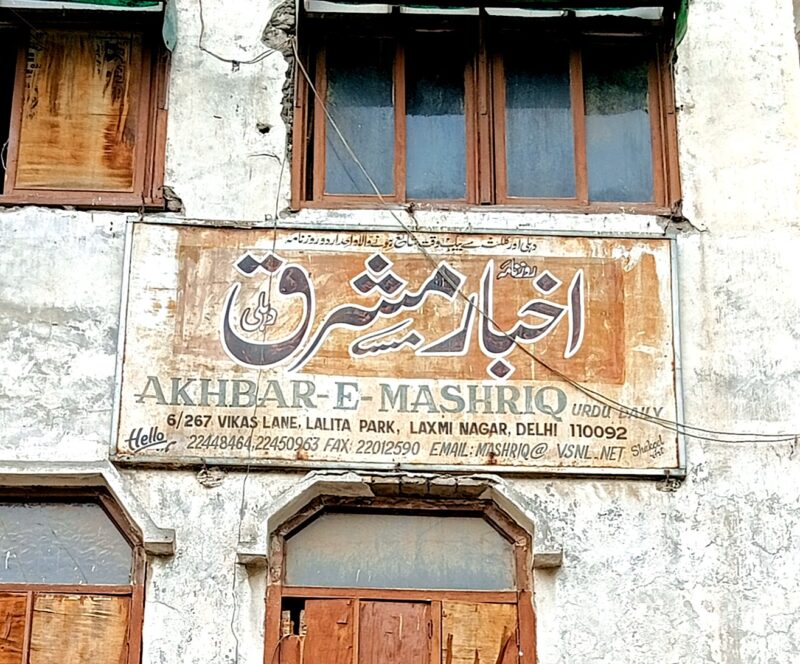
He told the Patriot that the reader of newspapers exist within a household. “The distribution of a newspaper is divided into three segments. First, the shops and stalls, secondly the schools, colleges and offices and finally, the households”.
He said that the newspaper stalls are the last place where you’ll find the reader of an Urdu newspaper.
A distributing agent told the Patriot, that the newspaper stall owners preferred to sell Urdu papers to the scrap dealers as that is more profitable to them than the prospect of waiting actual Urdu daily readers to turn up.
|
List of Urdu Newspapers Published and Circulated in Delhi |
| Sahafat Daily | Hamara Samaj |
| The Daily Pratap |
Roznama Mera Watan |
| Akhbar-e-Mashriq | In Dinon |
| Siyasi taqdeer | Siyasi Paigham |
| Daur-e-Jadeed |
Inqalab |
For more stories that cover the ongoings of Delhi NCR, follow us on:
Instagram: https://www.instagram.com/thepatriot_in/
Twitter: https://twitter.com/Patriot_Delhi
Facebook: https://www.facebook.com/Thepatriotnewsindia

